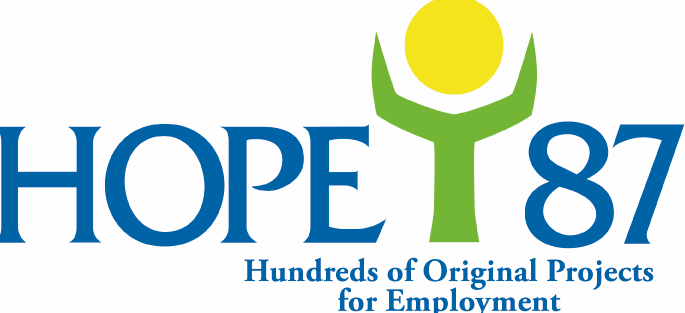Keynote Speech:
Dieudonne Nzapalainga Bishop, Central African Republic
Layama Oumar Kobine Imam, Central African Republic
Moderator:
Cornelia Vospernik Journalist ORF
Panel members:
Karoline Kleijer Emergency Coordinator, Doctors Without Borders (MSF), Amsterdam
Dieudonne Nzapalainga Archbishop, Central African Republic
Layama Oumar Kobine Imam, Central African Republic
Kathrin Schick Director, VOICE
The principle that civilians have to be protected in armed conflicts and war and have a right to humanitarian assistance lies at the core of humanitarian action. Although embedded in the Geneva Conventions, in practice this principle is often violated: civilians, as well as aid workers, are often targeted; and humanitarian organizations are too often prevented from reaching people in desperate need of aid. Humanitarian practitioners thus often claim that the so called humanitarian space has been shrinking. The term “humanitarian space” is used slightly differently by different actors. There are however three main criteria against which to assess this common claim: respect for the provisions of the International Humanitarian Law, the relative safety of humanitarian workers and the degree of access to populations at risk. On the basis of CAR (Central African Republic) the panel will discuss to what extent the claim that humanitarian space has been shrinking is supported by evidence; Is CAR heading towards a genocide like Ruanda in 1994 and are thus options to protect civilians possibly being even more undermined in the future?


















